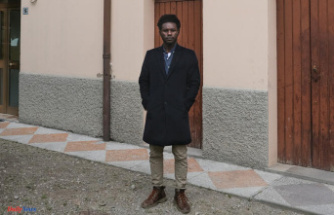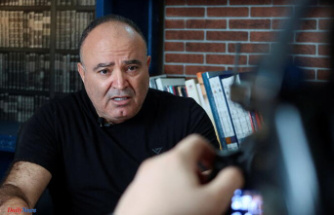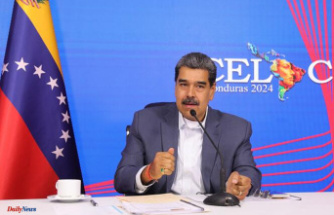Emily Key, director for education at Smithsonian Latino Center, stated that "the Latino community and Latino History is a fundamental part American history." Recognizing that and understanding it are the key reasons this month is so important.
Here are the reasons America celebrates Hispanic Heritage Month, and what you need to know.
The history
Hispanic Heritage Month does not begin at the beginning September. Instead, it begins on the 15th. This is to honor the anniversary of many Latin American countries' independence. El Salvador, Guatemala and Honduras all recognize September 15, while Nicaragua, Mexico, Chile and Guatemala celebrate their independence September 16.
Hispanic Heritage Month dates back to 1968 when it was only a week-long event. According to the Office of the Historian, President Lyndon B. Johnson signed a bill declaring the week of September 15 "National Hispanic Heritage Week."
He wrote in the inaugural proclamation of the "great contribution made to our national heritage by our people of Hispanic descend -- not just in the fields of culture and business but also through the valor they showed in battle."
"That was a time for sure when Chicanos in Mexico, Mexican Americans, and Latinos throughout the country were demanding greater representation and inclusion politically, culturally and economically -- everything," stated Geraldo Cadava (professor of history and Latina/Latino Studies at Northwestern University) and author of "The Hispanic Republican".
He stated, "It was an expectation for greater inclusion and representation, and acknowledgement that Latinos are an important part of the United States."
Hispanic Heritage Week wasn't extended to a whole month by President Ronald Reagan until almost 20 years later.
California's Rep. Esteban Torres had proposed a bill to extend it. He stated in remarks at that time that "We want to share a heritage with the rest of our country, a legacy which includes artists, writers and Olympic champions and leaders in government, business, cinema, science, and politics."
Torres' bill was rejected by the committee. However, Senator Paul Simon of Illinois presented a similar bill which Reagan signed into law.
Hispanics and Latinos have made a long and significant contribution to the United States. Key noted that Jamestown was not the first colony established in America, but St. Augustine in Florida by Spanish colonists.
She said that "Hispanics and Latinos" have fought in all wars since the American Revolution. They are entrepreneurs, veterans, teachers, and public servants.
She said, "Latinos, Americans, are part of this American fabric."
An increasing population
Hispanic Heritage Month gives the country an opportunity to recognize not only the rich heritage of the nation's diverse Hispanic communities but also who they are today, according to Felix Sanchez, Chairman of the National Hispanic Foundation for the Arts.
He said that "Hispanic Heritage Month allows us to update the American people about who Latinos today" and "to provide a contemporary context to all of our communities, which are very different, but are part of the Latino ecosystem."












